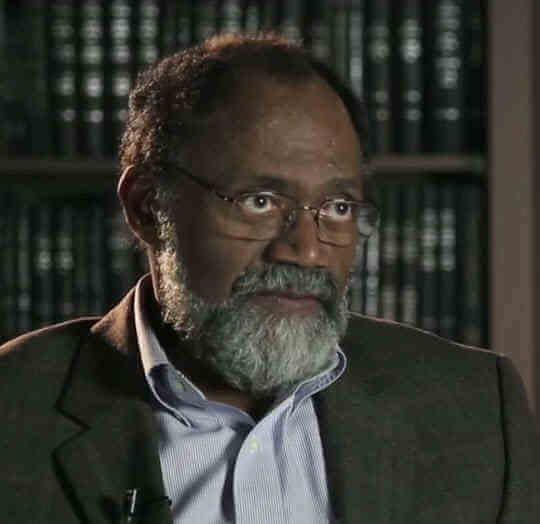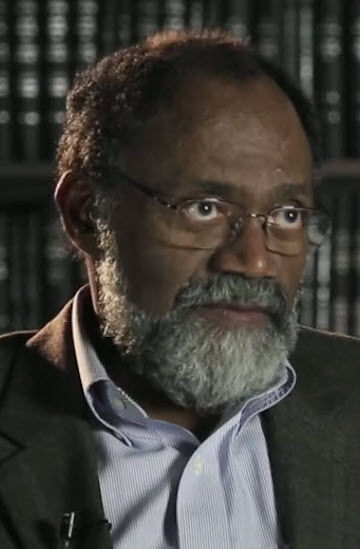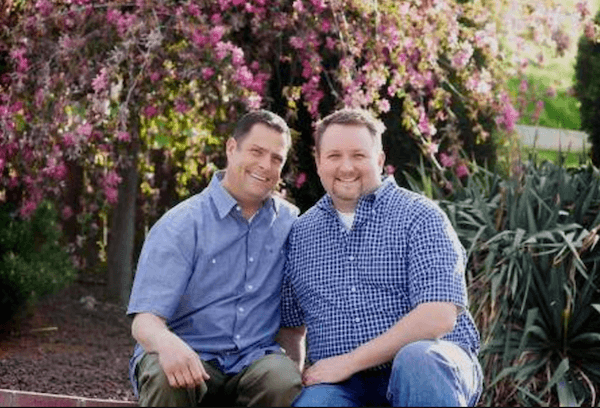Jack C. Phillips, owner of Masterpiece Cakeshop, Ltd. | MASTERPIECECAKES.COM
A cake baker has filed a petition with the US Supreme Court seeking review of last August’s Colorado Court of Appeals decision rejecting his appeal of a state Civil Rights Commission ruling that his business unlawfully discriminated against a gay male couple in in refusing to sell them an appropriately-decorated cake for their wedding reception.
The petition on behalf of Jack C. Phillips, proprietor of Masterpiece Cakeshop, Ltd., was filed on July 22 by lawyers from Alliance Defending Freedom (ADF), a self-described Christian law firm that opposes LGBT rights advances, with the cooperation of local counsel, Nicolle H. Martin of Lakewood, Colorado. This petition comes after the Colorado Supreme Court refused to review the case.
ADF positions this as a First Amendment free speech and free exercise of religion case, arguing that the creation of a wedding cake is an expressive act signaling the baker’s approval of the marriage for which it is being created. Penalizing him under the state’s public accommodations law for refusing service to Charlie Craig and David Mullins is, in effect, government-compelled speech, Phillips’ attorneys argue. They also argue that Phillips, as a devout Christian compelled by his faith to withhold approval of same-sex marriages, enjoys the right to free exercise of religion to decline the couple’s request.
Colorado businessman says his free speech, religious freedom rights infringed
The petition also asserts that when it became public that Phillips had refused to bake a wedding cake for Craig and Mullins, another bakery provided one at no charge, so the men were not deprived of this important component of their wedding celebration.
In arguing for Supreme Court review, ADF contends that the Colorado Court of Appeals ruling conflicts with cases from the US Ninth and 11th Circuit Courts of Appeals “regarding the free speech protection of art,” that it “deepens an existing conflict between the 2nd, 3rd, 6th, and 11th Circuits as to the proper test for identifying expressive conduct,” and that it “conflicts with free exercise rulings by the 3rd, 6th, and 10th Circuits.”
None of the cases mentioned involves the issue of a baker refusing to make a wedding cake for a same-sex couple. The contention that this is about “art” assumes the court will accept a characterization of Phillips as an “artist practicing in a visual medium” — the phrase lifted from the Ninth and 11th Circuit cases, which involved permits to operate tattoo parlors in specific locations — not just a baker who happens to design and execute wedding cakes.
The petition also points to the 1995 Supreme Court case involving gays marching in Boston’s St. Patrick’s Day Parade, where the justices unanimously held that a parade is an inherently expressive activity that can exclude messages at odds with its own mission.
Virtually the same issue was posed to the Supreme Court just a few years ago in the Elane Photography case, where the high court refused to review a ruling by the New Mexico Supreme Court that a photographer withholding her services to a lesbian couple for their commitment ceremony had no First Amendment right to do so and had violated that state’s public accommodations law. It would be difficult to argue that a wedding photographer is less of an “artist working in a visual medium” than a wedding cake baker, but there was not sufficient support on the Court to take that earlier case. So far, lower courts around the country have unanimously rejected claims by small businesses that refusing to comply with public accommodations laws because of their religious or free speech objections to same-sex marriages enjoys constitutional protection.
Phillips’ petition argues that because the Colorado anti-discrimination law allegedly allows for case-by-case religious exemptions, the determination by the Colorado Civil Rights Commission whether Phillips and his cake-shop are entitled to a religious exemption in this case should be subjected to strict judicial scrutiny. The state, ADF asserts, must therefore show a compelling interest justifying the imposition on Phillips’ religious beliefs. Here, the petition relies on the Supreme Court’s controversial 2014 Hobby Lobby ruling that businesses are entitled to claim religious free exercise rights based on the beliefs of their owners.
Phillips’ petition also points to counterexamples in making its argument, stating: “It is undisputed that the Colorado Civil Rights Commission does not apply [the state nondiscrimination law] to ban (1) an African-American cake artist from refusing to create a cake promoting white-supremacism for the Aryan Nation, (2) an Islamic cake artist from refusing to create a cake denigrating the Quran for the Westboro Baptist Church, and (3) three secular cake artists from refusing to create cakes opposing same-sex marriage for a Christian patron.” One suspects the first two are hypotheticals, while the third stems from a stunt undertaken in reaction to the gay couple’s original filing of a civil rights claim. Whether hypothetical or real, however, in each of these examples the customer is asking the “cake artist” to create a particularized political statement on a cake, which could be distinguished from merely requesting the creation of a wedding cake without any overt political statement.
Disputes of this type continue to arise around the country in states and cities that ban sexual orientation discrimination in places of public accommodation. This issue would likely get to the Supreme Court if a genuine split occurs among federal appeals court circuits. In light of the high court refusing review in the Elane Photography, however, it’s likely the ADF petition falls short of demonstrating that lower courts are in fact divided on the specific question at hand.



































